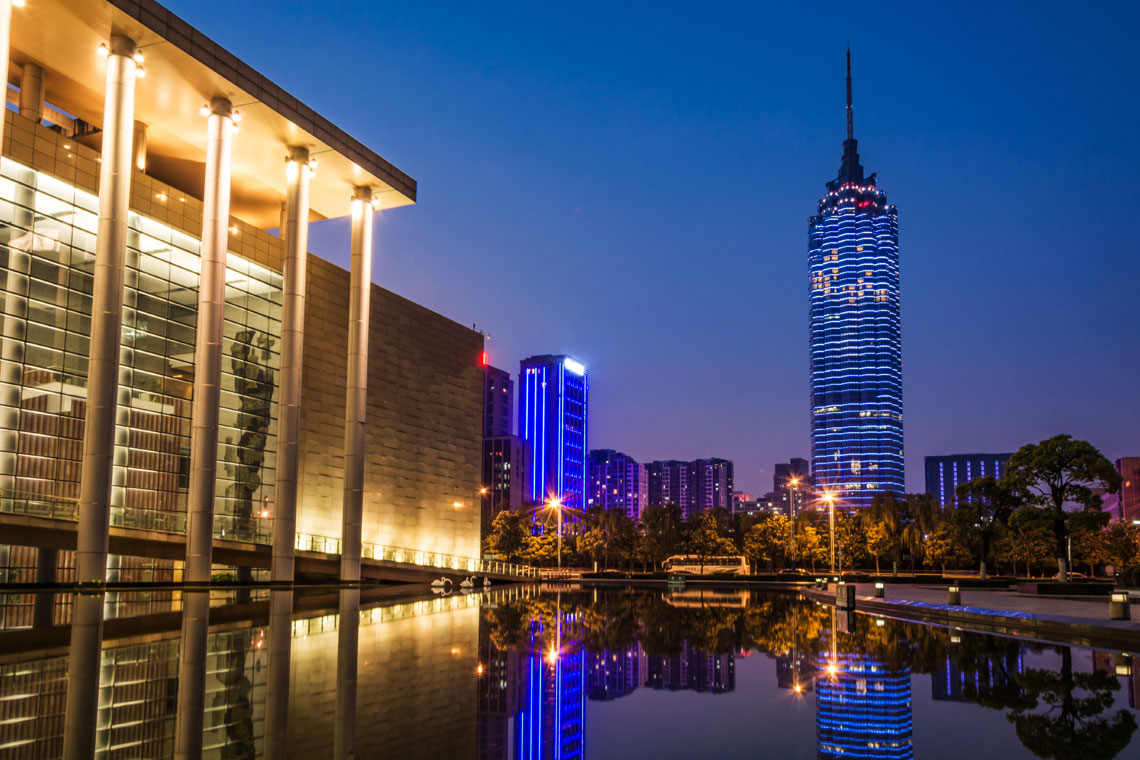Why should you use Beijing’s 72-Hour Transit Visa on Arrival?
- Published by Max-B.
- March 2, 2022
- 5 min read
Table of Contents

Passengers from 53 countries who transit and stay for up to 72 hours in 18 Chinese cities without a visa are eligible to do so under China’s 72-hour visa-free transit policy. The policy, which aims to make it easier for overseas tourists to stay in China for a short period of time, is expected to be implemented in an increasing number of locations in the future.
Here are 7 compelling reasons for showing the benefits of the 72-hour transit visa:
It Is Quick And Easy
Unless you have a passport issued from Singapore, Brunei, or Japan, you will require a visa to remain in China for more than 72 hours. However, applying for a 30-day tourist visa requires you to go through a lot, including providing the embassy with photos, evidence of residency, photocopy of your reserved flight tickets, an invitation letter, travel document, health confirmation, and declarations about potential business interests.
You get the idea. The paperwork is overwhelming, the inquiries are personal, and the procedure is time-consuming. Of course, all of this depends on the type of passport you have and the nation in which you live and arrive.
Moreover, expatriates find it very hard to acquire a Chinese visa in a nation other than their own. In addition, U.S. citizens born in a number of nations, including Afghanistan, Iran, Iraq, Nigeria, and others, must go through additional procedures.
However, with the Transit Visa, you arrive in China, present your onward ticket, which specifies that you will depart within an authorized period from your entry in Beijing. After two minutes, you are already in the Forbidden City or on your way to the Great Wall. This is true for citizens of 53 nations, including the EU, the United Kingdom, the United States, and Canada, among many others.
The biggest disadvantage of the 72-hour transit visa is that you cannot purchase round-trip tickets since you must fly into another location via China, allowing you to see two destinations instead of one.
You Might Even Get To Stay Longer
When you travel to Beijing, the transit visa is only suitable for 72 hours; however, in other parts of China, such as Shanghai and Jiangsu, this option is 144 hours or six days. Beijing now offers a 144-hour visa, which is even better. You can get a visa for 24 hours, 3 days, or 6 days, so you have a few options for transiting through.
It Is Perfect For A Stopover
It seems extreme to fly to China for only three days. However, the transit visa gives you the option of a stopover to break up your journey if you are headed for a vacation in Asia. In addition to staving off jetlag, let your mind and body catch up with each other along the way. You can take a beach vacation and learn about Chinese history with this method.
An Option For Expatriates
If you are an expatriate residing in a nation other than the one shown on your passport, the transit visa is by far the most convenient alternative. Of course, if you are going home and will be staying long enough for the visa procedure to be completed, go for it. However, if you are living somewhere entirely different from your country of origin, obtaining a Chinese visa might be difficult, if not impossible. So instead, travel through Beijing to avoid the embarrassment of a denied visa application.
Perfect For A Long Weekend
If you are from the United States or Canada, a trip to China for the weekend may be a little out of touch, but this large country may be within reach for a long weekend for those who are close to China. Additionally, whether it’s Beijing, where you can easily see the major attractions in three days, or Harbin, where you can enjoy the Ice Festival but would prefer to avoid its extreme temperatures for a few days, China has many places that are perfect for weekend trips.
An Option For Special Events
China is a vast nation with some genuinely excellent cities, and in major cities like Beijing and Shanghai, there are constantly great things going on, including the 2022 Winter Olympics. Therefore, a transit visa is ideal for a brief stay because the event for which you have tickets will most likely be over before your visa application is processed.
If instead of touring in Beijing, you’d want to take the grandkids to Shanghai Disney Resort for a change of scenery, a transit visa is by far the quickest and most straightforward alternative.
Exploring China Bit By Bit
Visiting too many historical sights in one go can be exhausting, and much of what you’ve seen at the beginning of the trip may be forgotten by the middle of the trip. For example, Egypt is filled with an incredible amount of historical sites to discover, learn, and absorb. So why not explore China on transit visas only if you are close enough to manage flight times? This is what you can aim to accomplish and make use of the 144-hour visas. A little bit of Beijing here, a little bit of Shanghai there, and perhaps always on the way someplace else.
Conclusion
Having a transit visa may speed up the immigration process at Beijing’s airport and other airports. Unless you are the only one that day who wishes to receive a transit visa on arrival, you can use one of the separate lanes designated for 24-hour, 72-hour, and 144-hour transit visas.
- Author
- Max-B.
- March 2, 2022

Sign Up to Online Course
Related Articles

J1 Visa Explained: The Complete Exchange Visitor Guide
If you’re planning to come to the US for an academic, cultural, or professional exchange, the US J1 visa might

H4 Visa for Dependents: Requirements & Process
If your spouse or parent is coming to the US on an H-1B or other H-class visa, chances are you

H1B Visa: The Complete Guide for 2025
So, you want to work in the US? Awesome! But wait, what’s this H-1B visa everyone keeps talking about? Is

